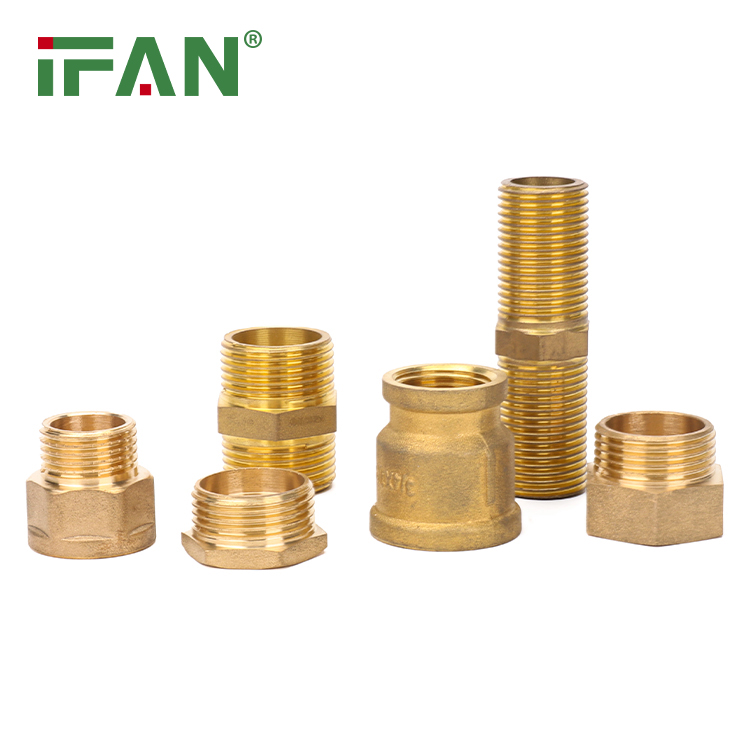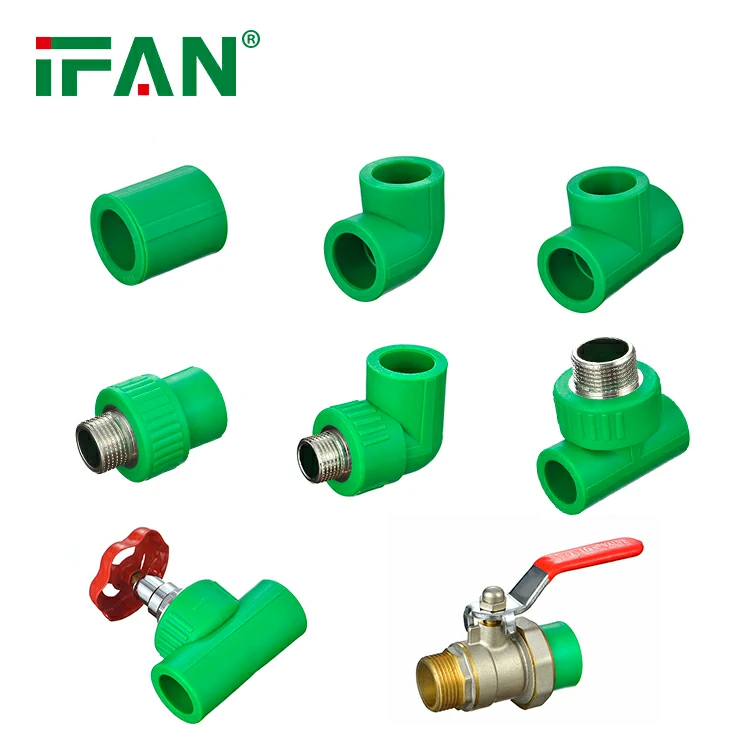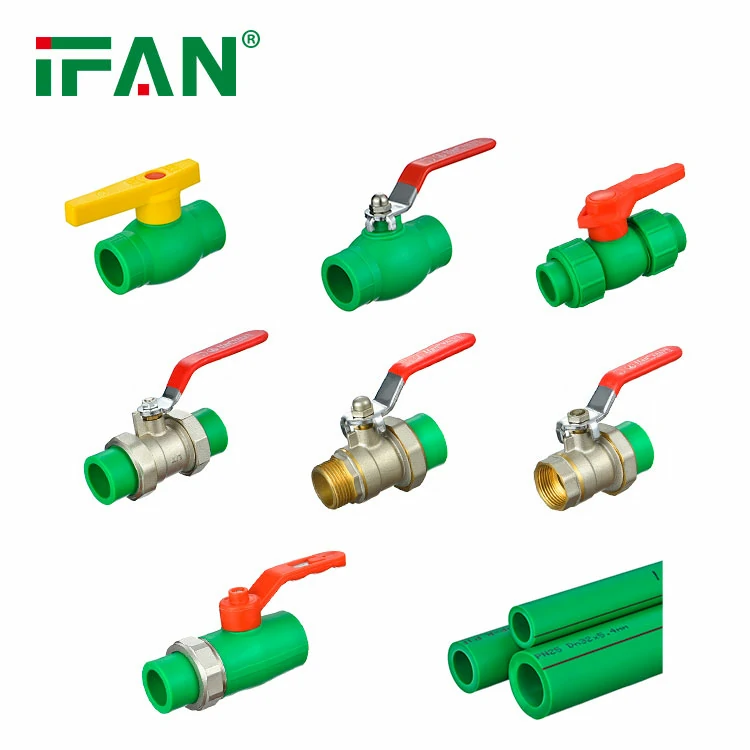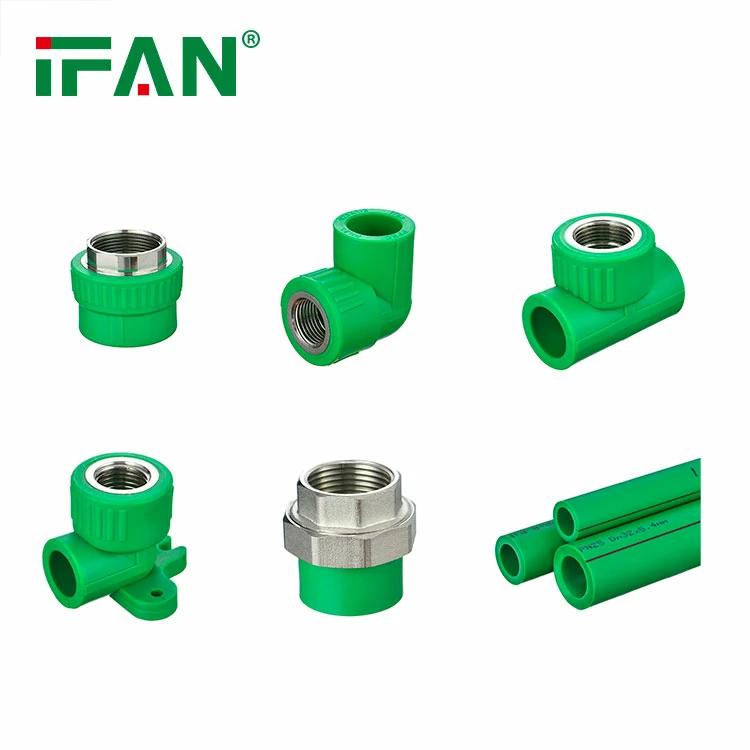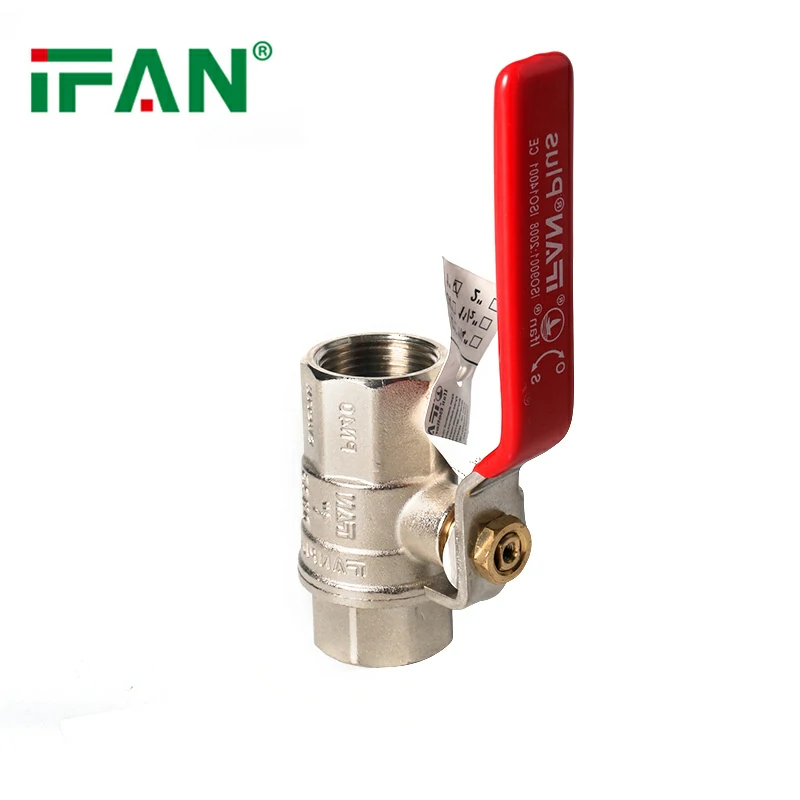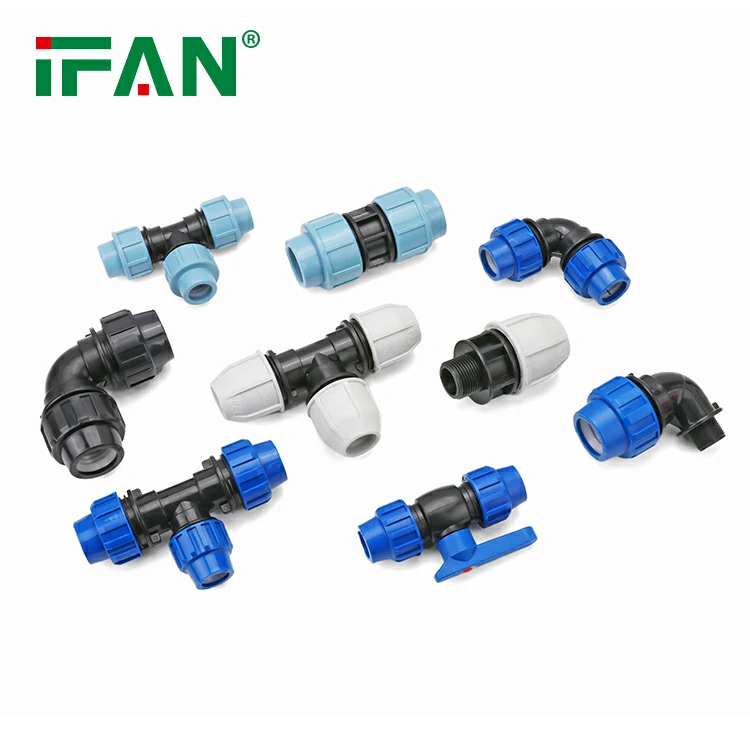Introduction
When it comes to plumbing and fitting installations, choosing the right brass fittings is essential. Brass fittings are widely used due to their durability, corrosion resistance, and versatility. However, with numerous options available in the market, selecting the right brass fittings can be a daunting task. In this guide, we will provide you with a comprehensive overview of the factors to consider when choosing the right brass fittings for your specific plumbing needs.
Material Quality
The first and foremost factor to consider is the quality of the brass material used in the fittings. Brass fittings are typically made from an alloy of copper and zinc, but the proportions can vary. It is crucial to opt for fittings made from high-quality brass to ensure longevity and optimal performance. Look for brass fittings that meet industry standards and are certified for their quality.
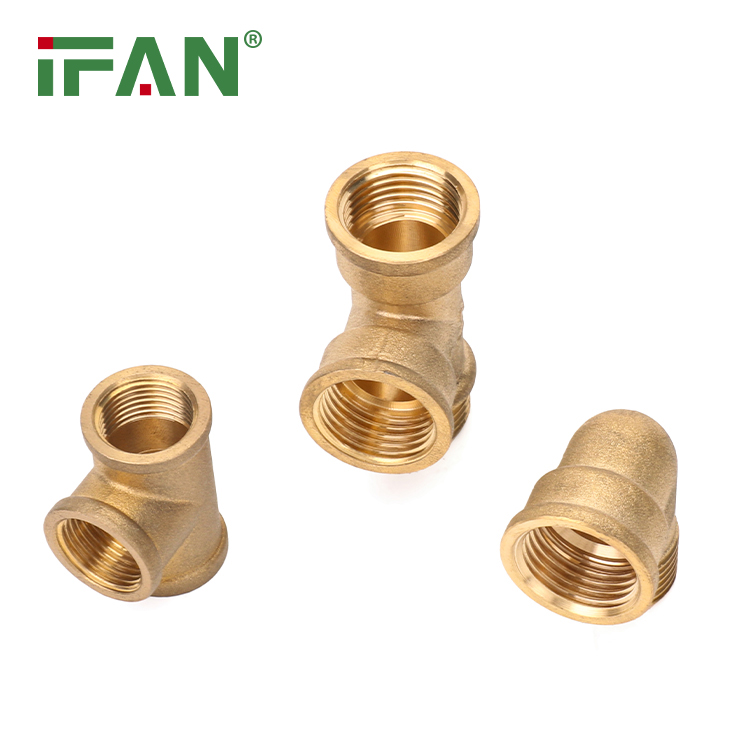
Compatibility
Compatibility is another crucial aspect to consider when choosing brass fittings. Ensure that the fittings you select are compatible with the pipes and other components in your plumbing system. Pay attention to factors such as size, thread type, and connection method to ensure a proper fit. Improperly matched fittings can lead to leaks, damage to the plumbing system, and costly repairs down the line.
Fitting Type
Brass fittings come in various types, each serving a specific purpose. Common types include compression fittings, flare fittings, barbed fittings, and threaded fittings. The choice of fitting type depends on the specific application. For instance, compression fittings are ideal for connecting pipes with tight tolerances, while flare fittings are suited for high-pressure applications. Assess your plumbing needs and select the appropriate fitting type accordingly.
Application and Environment
Consider the application and environment in which the brass fittings will be used. Different environments may require specific features such as corrosion resistance, temperature resistance, or resistance to chemicals. For example, if the fittings will be exposed to corrosive substances, opt for brass fittings with additional coatings or alloys that provide enhanced corrosion resistance. Assessing the application and environment will ensure that the fittings can withstand the conditions they will be exposed to and perform optimally.
Budget
Lastly, consider your budget when selecting brass fittings. While it is important to prioritize quality, it is also essential to find fittings that align with your budget. Compare prices from different suppliers and manufacturers, taking into account factors such as material quality, certifications, and warranties. Remember, investing in high-quality brass fittings upfront can save you money in the long run, as they will have a longer lifespan and require fewer repairs or replacements.
Conclusion
Choosing the right brass fittings involves considering various factors such as material quality, compatibility, fitting type, application and environment, and budget. By paying attention to these factors, you can ensure that the brass fittings you select are durable, reliable, and suitable for your specific plumbing needs. Remember to consult with professionals or suppliers if you have any doubts or need further guidance in selecting the right brass fittings.
